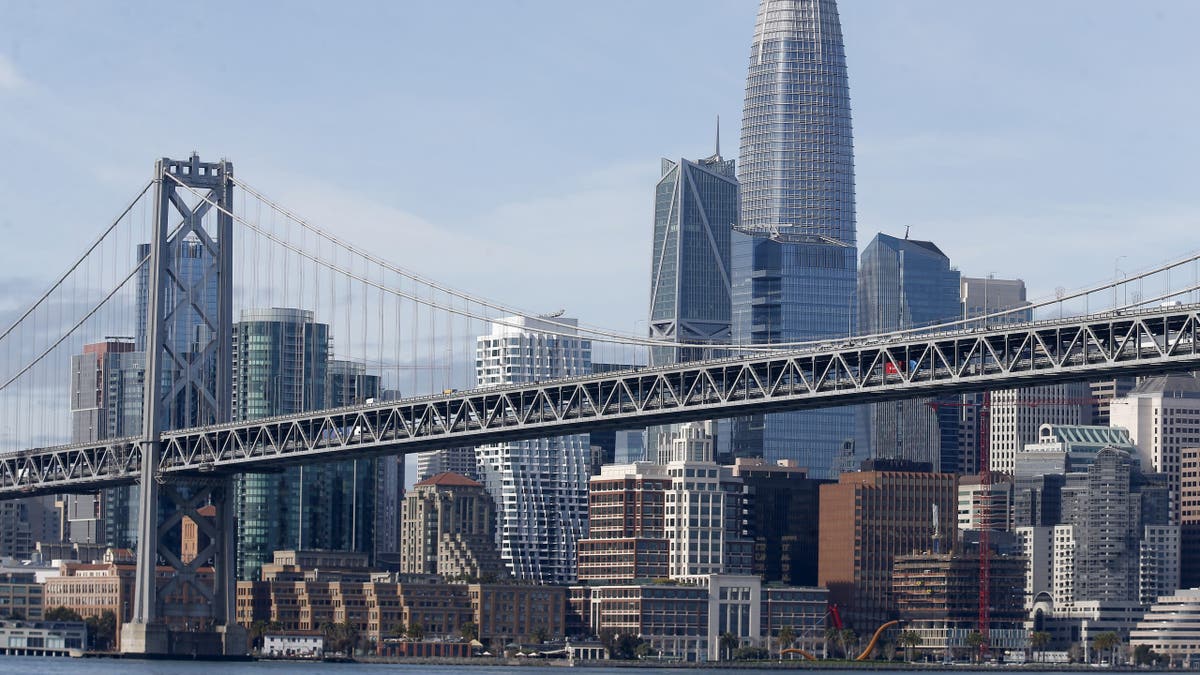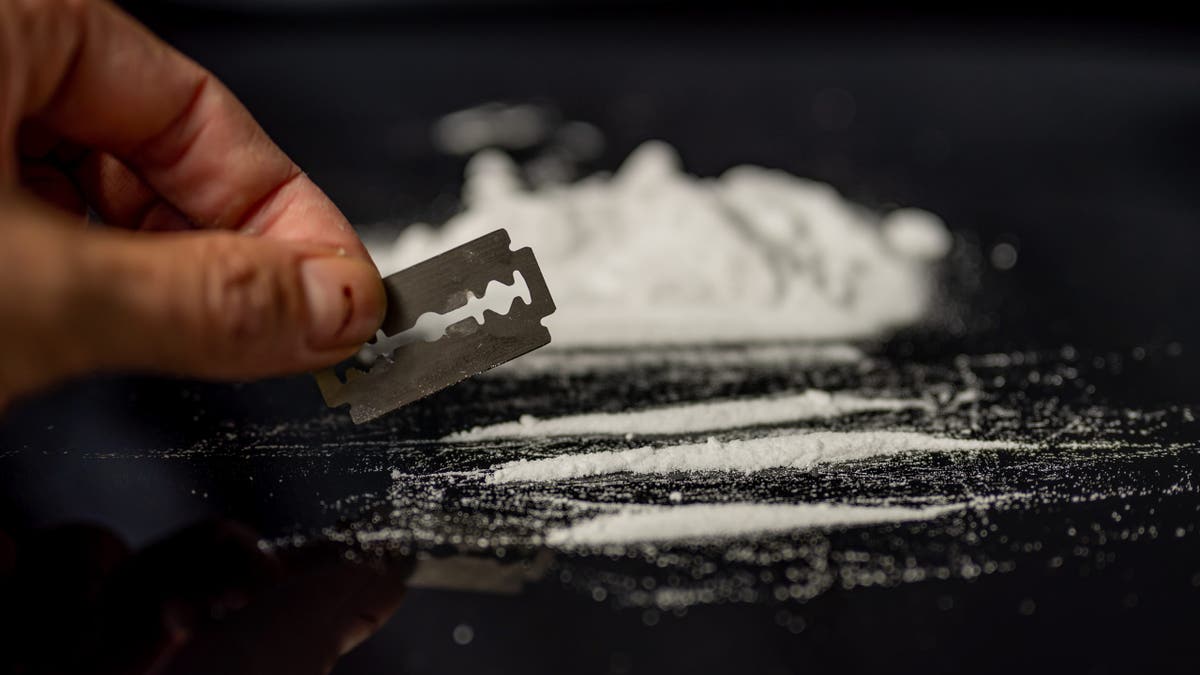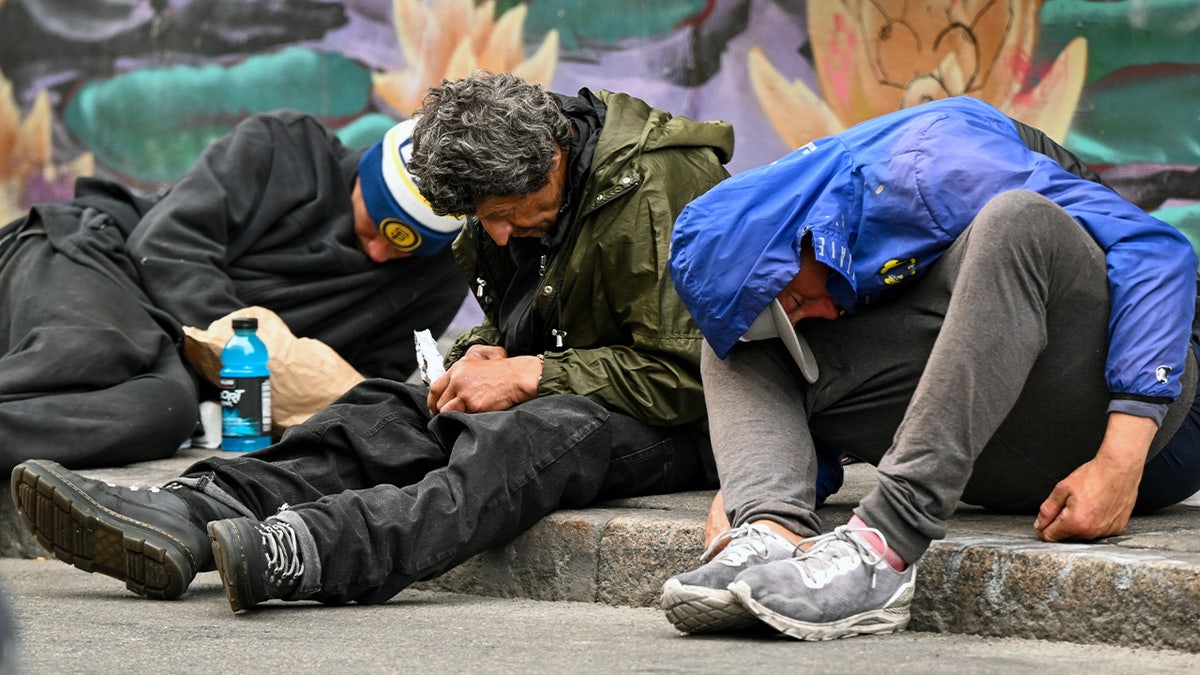'Failure of leadership': New version of fentanyl plagues Dem-run San Francisco
Independent journalist Michael Shellenberger says the homeless and drug crisis 'sadly' has been 'normalized' amid a new 'soap' street drug in San Francisco on 'America Reports.'
A proposal giving San Francisco drug users $100 city-issued gift cards for each week they stay sober is now one step closer to becoming a reality, according to a report from FOX 2 in the Bay Area.
The city's Board of Supervisors passed the "Cash Not Drugs" proposal last week, homing in on its promise to offer a humane approach to mitigating the city's ongoing drug crisis.
"The underlying principle to ‘Cash Not Drugs’ is a simple one: a humane and effective approach to San Francisco's drug crisis should also include rewarding good behavior and not just punishing bad behavior," Supervisor Matt Dorsey said of the program earlier this year, the outlet reported.
The process would determine eligibility through weekly testing. It has already faced a trial run via a 24-week pilot program involving 22 patients.
DRUGS ADDICTS FUEL VIOLENT CRIME IN SPIRALING SAN FRANCISCO, EXPERT SAYS

A proposal giving San Francisco drug users $100 city-issued gift cards for each week they stay sober is now one step closer to becoming a reality, according to a report from FOX 2 in the Bay Area. (Jane Tyska/Digital First Media/East Bay Times via Getty Images)
A previous report from KTVU FOX 2 said incentivizing sobriety is especially helpful for those addicted to stimulant drugs like methamphetamine and cocaine, drugs which have withdrawal symptoms that cannot be treated with medications like opiates can.
One patient named Dana, who participated in the trial run after addiction cost her her job and apartment, said being financially incentivized helped her focus on recovery.
"Just, the motivation and help with the gift cards and stuff. It's definitely going to be a big help for us in the future," she said to KTVU FOX 2.
But others are asking – do recovery incentives work?

Some are questioning whether cash recovery incentives work for drug abusers. (Jonathan Raa/NurPhoto via Getty Images)
Roots Through Recovery, a California-based outpatient treatment center, says yes.
"A report by the National Institute on Drug Abuse (NIDA) estimated that every dollar invested in addiction treatment programs yields a return of between $4 and $7 in reduced drug-related crime, criminal justice costs, and theft. When healthcare savings are included, total savings can exceed costs by a ratio of 12 to 1," a page on the organization's website reads.
CLICK HERE FOR MORE COVERAGE OF MEDIA AND CULTURE
The page added that offering financial incentives to drug users could potentially prevent relapses caused by economic pressures, including "financial instability" and "lack of access to basic needs."

Homeless people are seen as the city fights with fentanyl problems in San Francisco, California, United States on May 16, 2024. (Tayfun Coskun/Anadolu via Getty Images)
Some medical professionals have been on board with the idea as well, including Dr. Jeffrey Hom from San Francisco's Department of Public Health.
"The brain itself is very plastic," he explained, per the report. "It's very malleable and so what contingency management is doing is, again, the most effective treatment that we have against stimulant use disorder, is it's trying to rewire some of those pathways that have been set up by month, years of substance use."
Multiple supervisors supported the proposal and state health agencies have six months to start the program.
Fox News Digital reached out to the San Francisco board of supervisors for comment but did not receive an immediate reply.











































